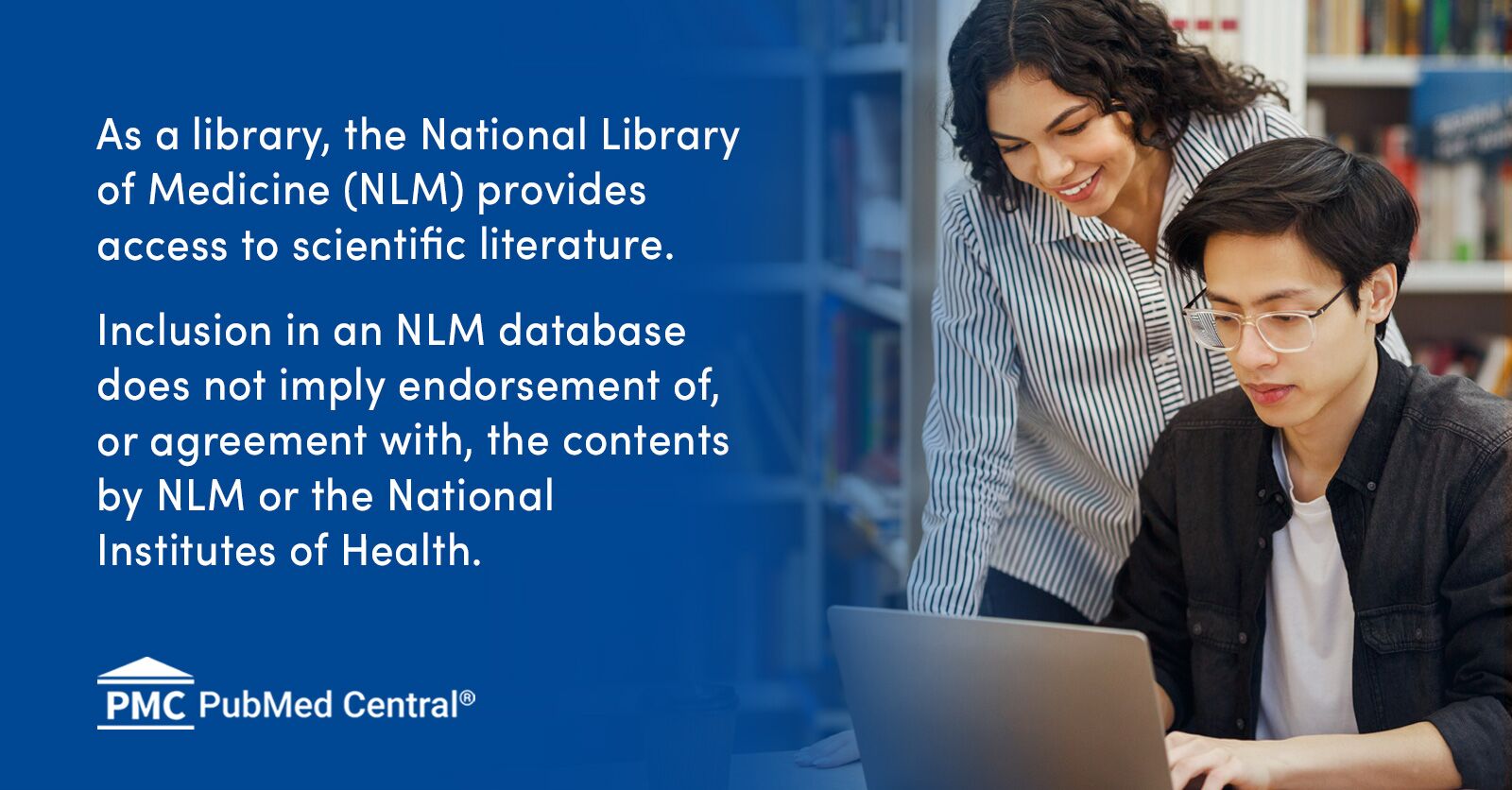Exactly, I agree with you. lithium definitely seems to kill emotion both negative and positive but I think it’s slightly stronger in suppressing positive emotions, and that’s why it is deemed highly useful for treating bipolar mania. not saying lithium doesn’t help, it has probably saved many lives, but having no emotion seems just awful and I’m not surprised people have referred to lithium and antipsychotics as evil medications. in my opinion, self-medication is sometimes really underrated, of course, so long as it’s not something that’s detrimental or unsustainable. I read a lot about how my favourite drug nicotine supposedly doesn’t help with stress and with regular use, makes anxiety and procrastination worse. strangely, whenever I managed to get hold of very high nicotine Vapes or chewing tobacco and used it daily over a few months I became much more happy and resilient and I procrastinated much less. Yes, it’s true there was no direct cognitive enhancement as my memory didn’t improve, but nicotine somehow stabilise my mood whilst lifting it slightly and not affecting my natural emotional responses. when I tell people about this, nobody believes me and they say self-medication, which doesn’t work. I guess I can never prove to them that it does, unless they could somehow see into my conscience!






